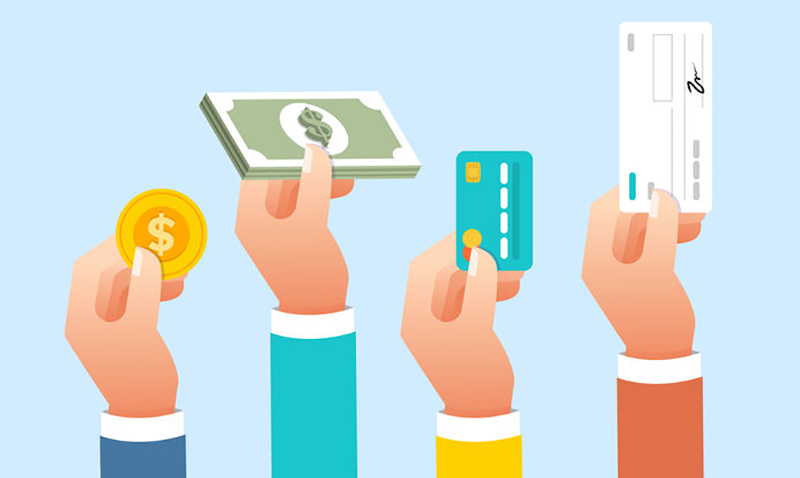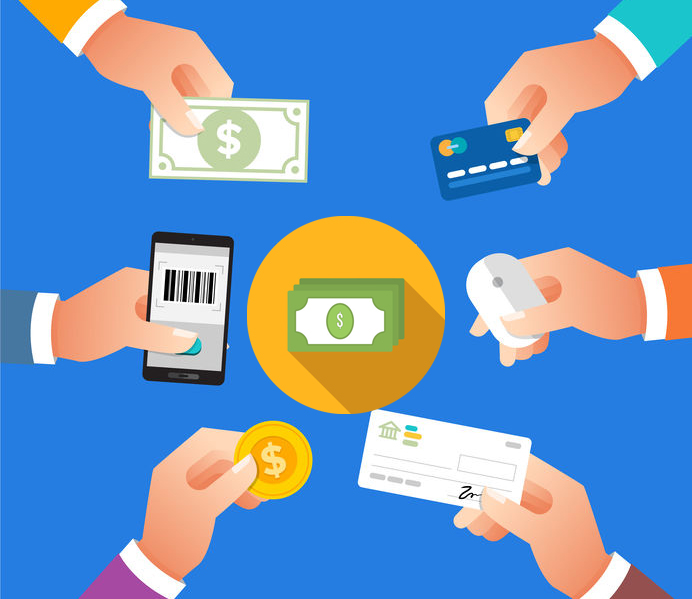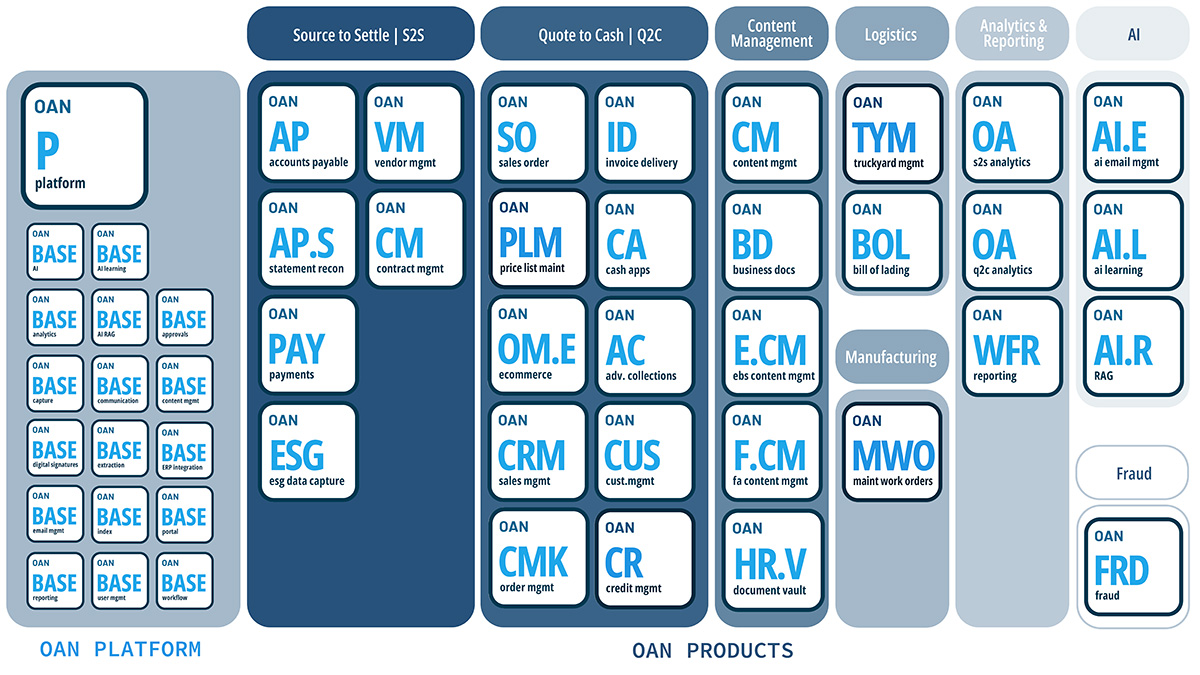By Matthew Albert

Consultation with a client? Check.
Services rendered? Check.
Client happy? BIG check.
Payment collected? *crickets*
Payment collected? *Bueller…Bueller…Bueller…*
PAYMENT collected? *Frye…Frye…Frye…*
Ah yes, the old “How do I get the money?” problem. Let’s face it: Cash is outdated and has been for some time. You probably already know that.
So how do you get your money in a safe, timely manner? Obviously, you want to make sure you don’t get ripped off. At the same time, you also want to make sure the client’s payment experience is smooth, too. After all, if paying you is a hassle, your client won’t want to be your client for much longer.
Let’s take a look at possible payment methods and weigh the benefits against the drawbacks.
Checks
Let’s start with the oldest known form of payment we currently have–the check. The concept is simple: I give you a piece of paper that says I want to give you this much money; however, all of that money is in another building.
For all of the ease checks give us, the bottom line is that they are still paper-based, inefficient in today’s world, and subject to misplacement. Not great.
Wire Transfers
Now we’re talking speed here! Wire transfers give you peace of mind that money sent on one day arrives the same day. All you need are routing numbers and account numbers. The bank takes care of the rest.
As an added bonus, wire transfers are pretty secure, too. Unfortunately, there are a couple of drawbacks. The first is that wire transfers often carry high fees for the customer. The second is that if wiring money from one bank account to another, banks can sometimes place holds of approximately 3 days (sometimes more) on when those funds are available. That kind of defeats the purpose of same-day service.
For all the headaches that may cause you, wire transfers are still a pretty good move for your business.
Automated Clearing House (ACH)
Similar to wire transfers, ACH payments provide ease and speed. This method is the one most companies prefer when they pay employees via direct deposit.
Compared to paper checks, these metaphorical “eChecks” never get lost in the mail. They also carry lower fees than typical wire transfers. You can even lump payments together to the same payee and not incur extra fees.
On the flip side, ACH payments sometimes get held up for 1-2 days for verification and an additional week to complete the transfer. If you’re in need of warp speed, it’s not the best option.
Credit Cards
Who would’ve thought that the idea for Diners Club would turn into the behemoth today known as the credit card industry? Actually, the people behind the Diners Club probably did. But anyway, here is another electronic option that’s widely used around the world. Most of the benefits are related to convenience.
People who prefer to pay with cards often get benefits on their cards (e.g. points, frequent flyer miles, cash back, etc.), they don’t incur extra fees by using the cards, and they usually have them available more frequently than cash. Business credit cards function mostly the same way and provide extra security by not forcing people to use their personal cards and get reimbursed. On top of that, credit card companies will also give you tidy, itemized reports to help with your recordkeeping.
At the same time, it’s not necessarily a slam dunk decision. Credit cards often carry merchant fees where the recipient of payment gets assessed a fee rather than the person using the card. If your business is getting a bunch of these fees, then you’re not getting your full profits.
Digital Wallets
Digital wallets use software to store credit card numbers, debit card numbers, and other payment information you may have. This info is often stored on phones, computers, in the cloud, and any other electronic device you can think of that has the capacity to store data. Gone are the days of trying to remember a bunch of digits, expiration date, and security code. Who has time for that when you’re reluctantly binge-watching that latest show you’ve been guilted into?
Of all the payment methods listed here, this one will probably feel the fastest to you. It’s also the safest in terms of public health. We’re in a pandemic right now. There’s no need to pass physical objects back and forth with each other if we don’t have to. Digital wallets solve that problem.
So why wouldn’t you accept digital wallet payments? Well, they’re essentially useless if your area does not have reliable internet service. Since you’re reading this blog, though, you probably have reliable service somewhere. The other big fear is hacking. If you encounter a data breach, let the pain begin.
In all honesty, while the bad times could be terribly bad, they’re still rare if you’re responsible. The positives likely outweigh the negatives.

There you have it!
A set of options, each with their pros and cons. Which one should you use, though? That decision will depend on the needs of your business and how quickly you need transactions processed. Consult with your AP employees and make the choice that best fits your company’s needs.

